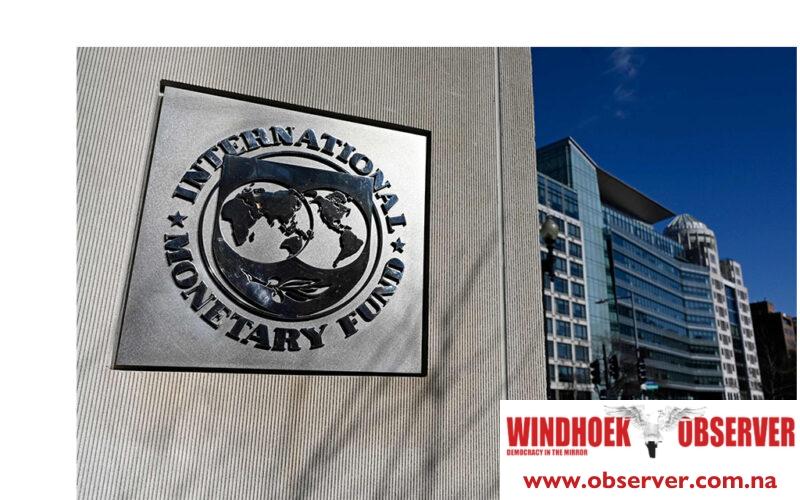Niël Terblanché
Namibia is currently navigating a path of economic recovery by focusing on preserving macroeconomic stability, advancing structural reforms, and protecting its most vulnerable citizens which is crucial for fostering private sector-led inclusive growth.
This approach is also seen as key to reducing the persistent challenges of unemployment and inequality in the country.
In a recent assessment by the International Monetary Fund (IMF) during its 2023 Article IV Consultation, Namibia has shown remarkable resilience against global economic shocks.
According to the IMF’s findings, the country has effectively managed the adverse effects of the COVID-19 pandemic and the ongoing geopolitical tensions arising from the war in Ukraine.
Economic indicators have been encouraging, with Namibia’s output rebounding to pre-pandemic levels.
A notable achievement in this recovery phase is the control of inflation, which has been brought to under six percent, reflecting a stable economic outlook.
The IMF found that this stability is further underlined by the adequacy of the country’s official reserves, which stood at 4.7 months of imports as of September, in line with its currency peg to the South African Rand.
According to the IMF, the growth figures are equally promising. After achieving a real GDP growth of 4.6 percent in 2022, Namibia is set to acieve growth of 3.2 percent in 2023.
This upward trajectory is expected to bring the nation’s output above the levels seen before the pandemic struck, marking a significant milestone in its economic recovery.
The IMF found the government’s commitment to structural reforms and macroeconomic stability is not just about numbers. It reflects a deeper understanding of the need to create a sustainable and inclusive economic environment.
By focusing on these areas, Namibia aims to reduce unemployment and inequality, issues that have long been a concern for the country.
As Namibia continues on this path, the international community and local stakeholders are watching with optimism.
The IMF implied that Namibia’s journey towards economic recovery and stability is not just a story of numbers and policies, but one of resilience and hope for a brighter, more prosperous future for all Namibians.
The focus on structural reforms and macroeconomic stability is expected to aid in sustaining the country’s growth trajectory and improving socio-economic conditions for the people.




